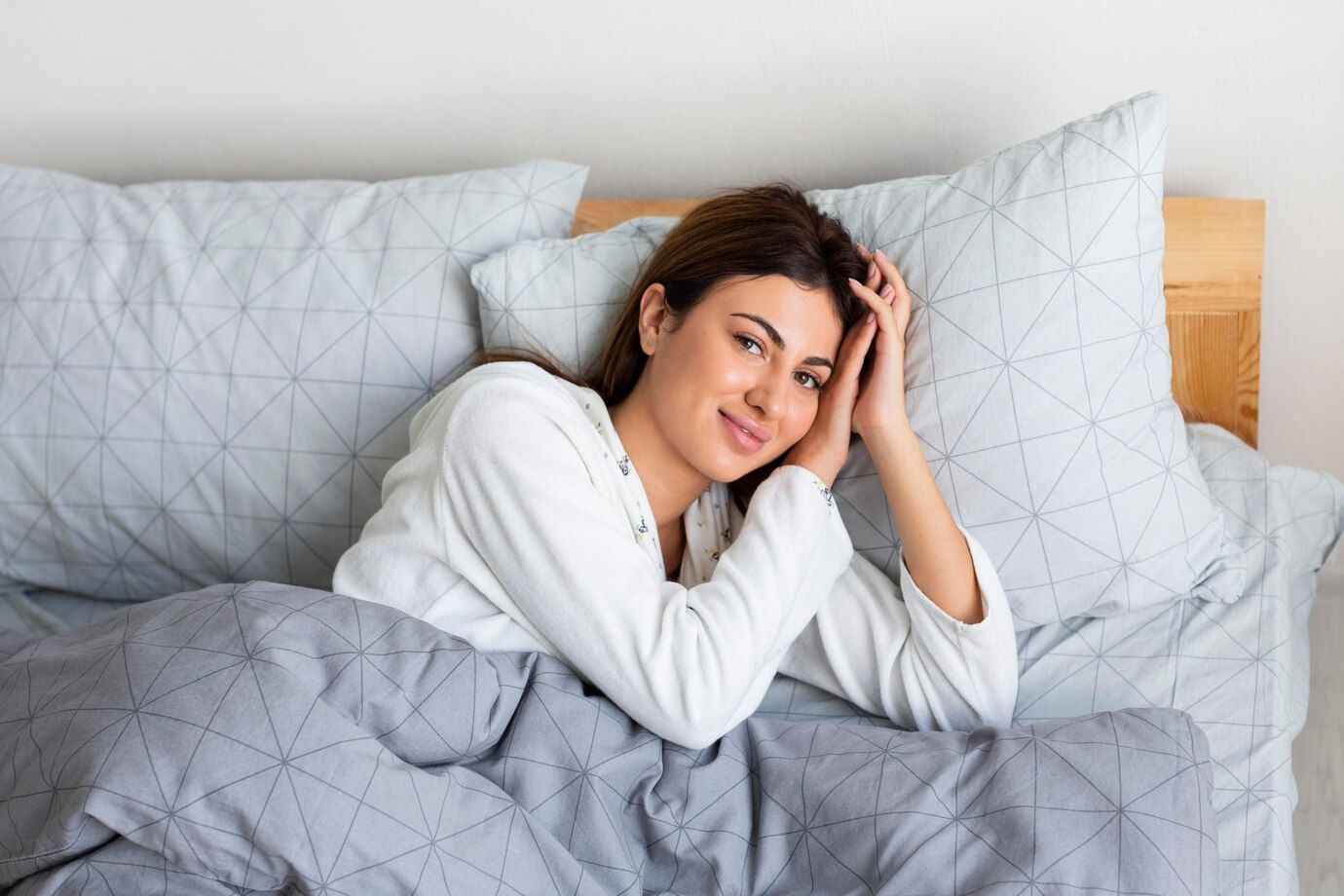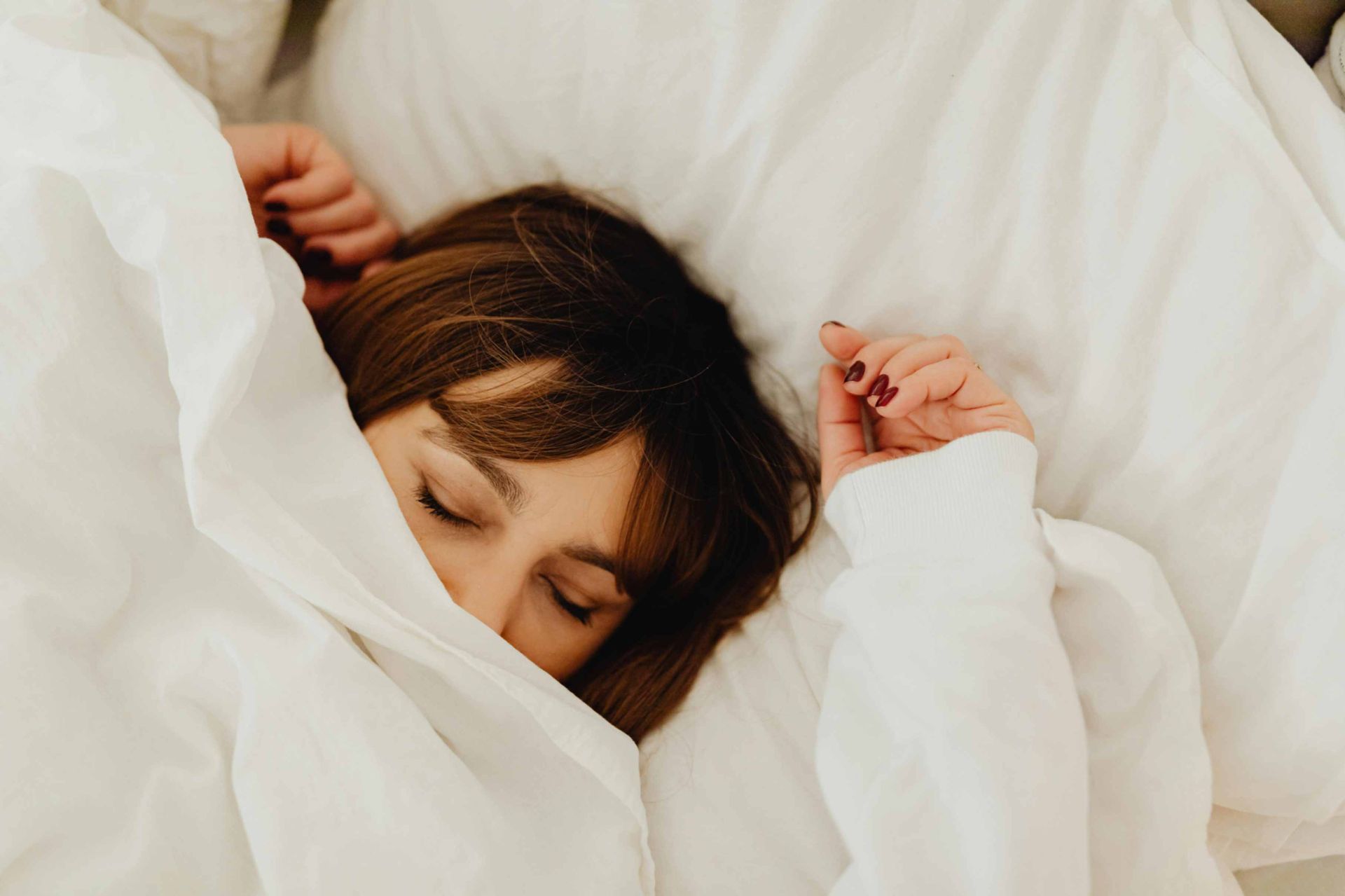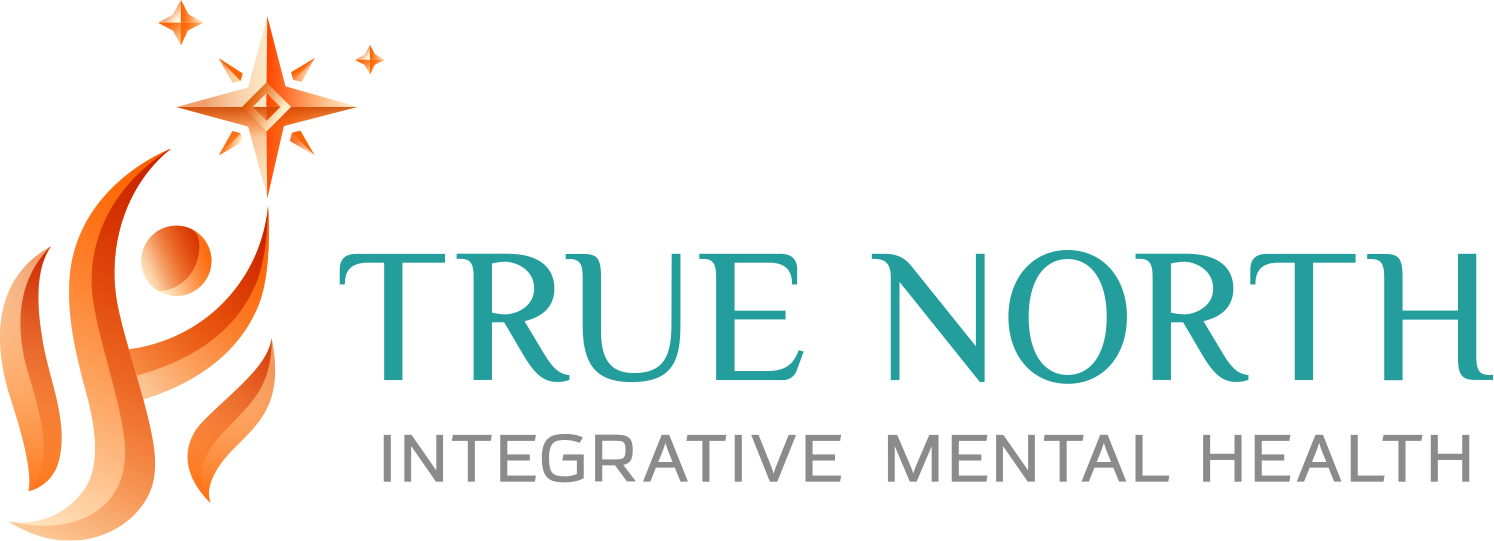Sleep Disorders: What To Know About Sleep-Wake Disorders
Dr. Jamie Rogers • August 9, 2024
Sleep-wake disorders affect many people, impacting their daily lives. These conditions can make it hard to fall asleep, stay asleep, or wake up at the right time. A thorough evaluation often involves ruling out other sleep disorders which may contribute to the symptoms experienced by individuals.
When sleep is disrupted, it can lead to feelings of tiredness, irritability, and difficulty focusing. Some common sleep-wake disorders include insomnia, sleep apnea, and narcolepsy.
It’s important to understand these issues so you can recognize the signs and seek help if needed. By learning about sleep-wake disorders, you can take steps to improve your sleep quality and overall well-being.
Let’s explore what these disorders are and how they can be managed for better sleep health.
Understanding the Causes of Sleep-Wake Disorders
Sleep-wake disorders can arise from a variety of factors, which may include:
- Genetics: Some sleep disorders may run in families, indicating a hereditary component.
- Medical Conditions: Chronic illnesses such as asthma, depression, diabetes, and chronic obstructive pulmonary disease (COPD) can interfere with sleep patterns.
- Lifestyle Choices: Poor sleep hygiene, excessive caffeine consumption, and irregular sleep schedules can exacerbate sleep issues.
Stress and Mental Health
Stress plays a significant role in sleep-wake disorders. High levels of anxiety and depression can make it challenging for individuals to relax and fall asleep. It’s important to recognize how mental health intersects with sleep quality and how both physical and mental health are deeply impacted by adequate sleep.
Environmental Factors
Your sleep environment can also impact your rest. For instance:
- Noise: Sudden noises can disrupt sleep, leading to frequent awakenings.
- Light: Exposure to artificial light, especially from screens, can inhibit melatonin production and disrupt circadian rhythms.
Signs and Symptoms
Recognizing the signs and symptoms of sleep-wake disorders is crucial for timely intervention. These indicators can vary based on the specific condition, but common symptoms include:
- Difficulty Falling Asleep: Taking longer than 30 minutes to fall asleep consistently can indicate insomnia. Insomnia symptoms are the most common sleep disorder, affecting a significant portion of the adult population.
- Frequent Awakenings: Waking up multiple times throughout the night can signal issues like sleep apnea or restless legs syndrome. Chronic insomnia, characterized by persistent difficulty in falling or staying asleep at least three times a week for three months, significantly impacts quality of life, increasing risks of mental health issues such as depression and anxiety.
- Excessive Daytime Sleepiness: Feeling drowsy during the day, despite adequate sleep, is often associated with narcolepsy or poor sleep quality.
- Mood Changes: Increased irritability or anxiety levels can point to underlying sleep disturbances.
Diagnosing Sleep-Wake Disorders
Central sleep apnea is a specific type of sleep apnea characterized by the brain temporarily failing to send signals to the muscles responsible for breathing during sleep. This condition is less common than obstructive sleep apnea and is often associated with other health issues, such as heart disorders or opioid use. Diagnosing sleep-wake disorders is a critical step towards effective treatment and recovery. Healthcare providers typically employ a combination of methods to accurately assess sleep issues, including:
Medical History:
- Patients are often asked about their sleep patterns, lifestyle habits, and medical history. This can highlight potential contributing factors.
- Understanding family history of sleep disorders can offer valuable insights.
Sleep Studies:
- Polysomnography (PSG): This overnight test measures brain waves, oxygen levels, heart rate, and breathing during sleep. It helps identify issues like sleep apnea.
- Home Sleep Apnea Testing: For some patients, a simplified version of a sleep study can be conducted at home to monitor breathing and oxygen levels.
Sleep Diaries:
- Maintaining a sleep diary for a couple of weeks can help track sleep patterns, habits, and disturbances. This diary typically includes:
- Time going to bed and waking up
- Number and duration of awakenings
- Daily energy levels and mood
Treatment Options
When it comes to managing sleep-wake disorders, various treatment options exist to help improve sleep quality and overall well-being. These treatments range from lifestyle changes to medical therapies, depending on the disorder’s severity and underlying causes.
To treat insomnia, approaches include both non-pharmacological options like cognitive-behavioral therapy for insomnia (CBT-I) and pharmacological options such as medications like benzodiazepines. These strategies address the symptoms and underlying causes of insomnia for diverse patient populations.
Lifestyle Modifications
Making changes to daily habits is often the first step in treatment. These modifications can include:
- Establishing a Regular Sleep Schedule: Going to bed and waking up at the same time each day helps regulate your body’s internal clock.
- Creating a Relaxing Bedtime Routine: Engaging in calming activities before bed, such as reading or meditating, can promote a more restful night’s sleep.
- Limiting Screen Time: Reducing exposure to screens before bed can help enhance melatonin production and improve sleep quality.
Cognitive Behavioral Therapy for Insomnia (CBT-I)
CBT-I is a structured program designed to help individuals change sleep-related thoughts and behaviors. This evidence-based approach can significantly improve sleep patterns and is effective for many dealing with insomnia.
Medical Treatments
In more severe cases, medical treatments might be necessary. Healthcare providers may recommend:
- Medications: Prescription sleep aids or medications for underlying conditions (e.g., anxiety or depression) can be beneficial.
- Continuous Positive Airway Pressure (CPAP) Therapy: For those with sleep apnea, CPAP devices keep airways open during sleep.
Alternative Therapies
Some individuals may seek complementary therapies, such as:
- Acupuncture: This alternative medicine technique may offer relief for some sleep-wake disorders.
- Herbal Supplements: Natural remedies like melatonin or valerian root can help some individuals improve sleep quality.
Tips for Better Sleep Hygiene

Improving sleep quality can often be achieved with simple, actionable steps. Here are some tips to help you sleep better:
- Sleep Hygiene: Create a bedtime routine that signals to your body that it’s time to wind down. This could include activities like reading, taking a warm bath, or practicing relaxation exercises.
- Diet: Avoid caffeine and heavy meals close to bedtime. Instead, opt for light snacks and herbal teas that promote relaxation.
- Stress Management: Incorporate stress-reducing practices into your daily routine, such as mindfulness meditation, deep breathing exercises, or yoga.
Sleep problems can significantly impact your overall well-being, often coexisting with conditions such as depression and anxiety. Understanding and addressing these issues is crucial for effective treatment and management.
By implementing these tips, you can improve your sleep quality and overall well-being.
Sleep-wake disorders can significantly impact your quality of life, but understanding them is the first step toward better sleep. Recognizing and addressing a sleep disorder is crucial for maintaining overall health and well-being. By recognizing the signs and symptoms, seeking professional diagnosis, and exploring various treatment options, you can take control of your sleep health.
Remember, you don’t have to face this alone—there are plenty of resources and communities ready to support you.
If you are struggling with sleep-wake disorders and are ready to take the next step towards better sleep health, don’t hesitate to reach out for support.
Contact us today to explore your options and start your journey towards improved well-being.

Our Helpful Links
Schedule a Consultation
Get help with depression today! It's important to know that you are not alone.

